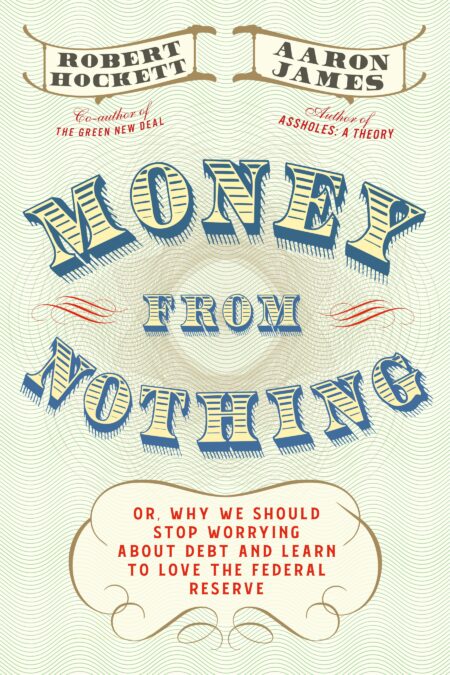In Part 1 of this two-part post, I explained that, owing to its endogeneity and consequent vulnerability to what I call Recursive Collective Action Predicaments, monetized public capital must, if it is to be productively rather than merely speculatively deployed, be publicly managed, while privately intermediated capital may be privately managed.I then suggested that public…
The only way to get public capital allocation right, and thus to get credit modulation and long-term productive investment right, is to manage public capital publicly and private capital privately.
From Federal Disintegration through Community QE to Central Bank Decentralization In the post immediately preceding this one, I observed that the twinned histories of American ambivalence toward centralized political governance on the one hand and central banking on the other place recent development in the realms of both pandemic response and American public finance into…
Central banking and finance in the US have a curiously ‘dialectical’ history – a history mirroring, in interesting ways, that of our federal union itself. Both histories reflect ambivalence about, and hence oscillation both toward and away from, collective agency and its political manifestation in centralized governance. Tracing these parallel trajectories can shed helpful light upon certain features of American monetary history, finance-regulatory tendencies, and of course public finance.
This is the second post on ‘Money in Context.’ You can read the first post here. The observation with which I closed Part 1 implicates a challenge – or perhaps better put, it extends an invitation. In light of the inherently infrastructural role played by payment systems and their associated monies in any ‘exchange economy’…
This is the first of two posts on Money in Context. Read Part II here. We’ve all heard the adage. ‘Time is money.’ The utterer usually means that time can be spent earning money, so that to ‘waste time’ is to incur a pecuniary opportunity cost. But there’s another sense in which money is time – or…




